The team at Human Fusions Institute is made up of a diverse group of people selected from different disciplines, cultures, and backgrounds. Backed up by Case Western Reserve University’s 50+ years of expertise in neural engineering, they are dedicated to translationally-focused research that advances the connections between humans and technology, with the ultimate goal to improve peoples’ lives.
These are the profiles of the people who are at the heart of HFI.
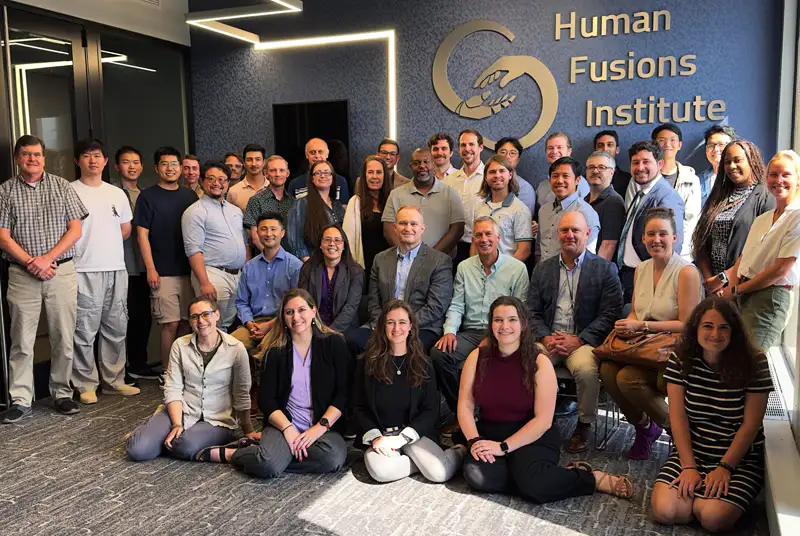
Core HFI Faculty

Eileen Anderson, PhD
Case Western Reserve University
Associate Professor Bioethics Department

Mark Aulisio, PhD
Case Western Reserve University
Susan E. Watson Professor and Chair, Department of Bioethics, School of Medicine

Jonathan Baskin, MD
Case Western Reserve University
Associate Professor Surgeon, Biotechnology Translation & Healthcare Applications

Tim Beal, PhD
Case Western Reserve University
Florence Harkness Professor of Religion, Department of Religious Studies; Director of h.lab

Alexis E. Block, PhD
Case Western Reserve University
Assistant Professor of Electrical, Computer, and Systems Engineering (ECSE) Assistant Professor of Mechanical and Aerospace Engineering (EMAE) (by courtesy)

Hamid Charkhkar, PhD
Case Western Reserve University
Assistant Professor, Department of Biomedical Engineering, Case School of Engineering

Zonghe Chua, PhD
Case Western Reserve University
Assistant Professor, Electrical, Computer, and Systems Engineering

Kathryn Daltorio, PhD
Case Western Reserve University
Associate Professor Mechanical and Aerospace Engineering Co-Director, Biologically-Inspired Robotics Lab

BJ Fletcher, PhD
Cleveland State University
Assistant Professor, School of Public Management and Policy

Shannon French, PhD
Case Western Reserve University
Director and Inamori Professor in Ethics Inamori International Center for Ethics and Excellence Professor Department of Philosophy College of Arts and Sciences Professor School of Law

Michael Fu, PhD
Case Western Reserve University
Human Interface and Virtual Reality Timothy E. and Allison L. Shroeder Assistant Professor in Computer and Data Sciences Assistant Professor, Department of Electrical, Computer and Systems Engineering

Emily Graczyk, PhD
Case Western Reserve University
Human Interface, Sensory Perception and Affective Touch Assistant Professor, Department of Biomedical Engineering
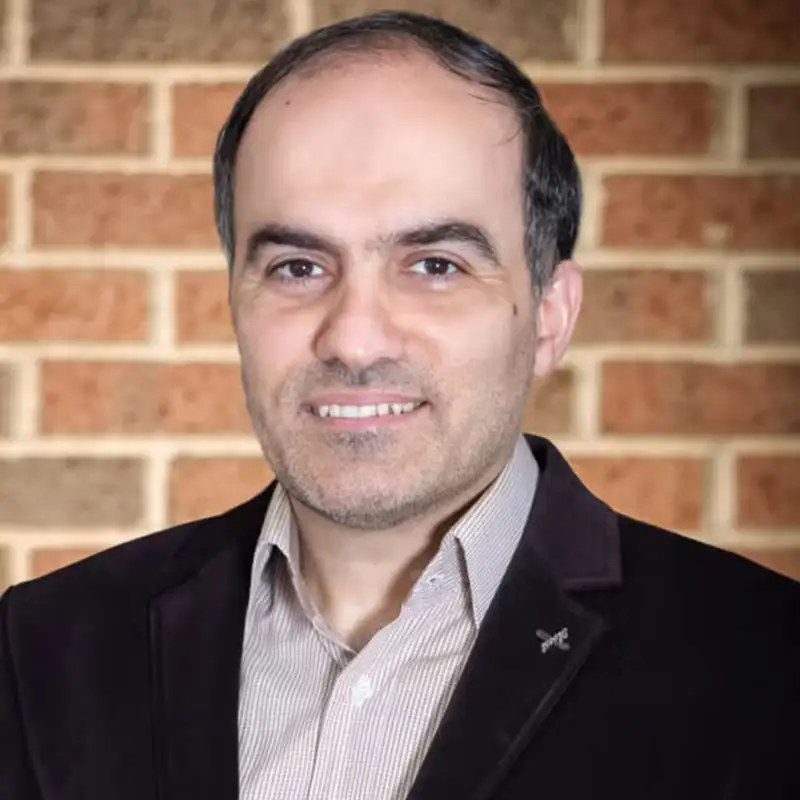
Hossein Miri Lavasani, PhD, MS, BS
Case Western Reserve University
Assistant Professor Department of Electrical Engineering and Computer Science

Pedram Mohseni, PhD
Case Western Reserve University
HFI Sensors & Circuits Department Chair, Department of Electrical, Computer and Systems Engineering Goodrich Professor of Engineering Innovation Professor, Department of Electrical, Computer and Systems Engineering

Luke Osborn, PhD
Case Western Reserve University
Department of Biomedical Engineering

Zach Patterson, PhD
Case Western Reserve University
Assistant Professor, Department of Mechanical and Aerospace Engineering (EMAE)

Soumya Ray, PhD
Case Western Reserve University
Associate Professor Department of Electrical Engineering and Computer Science Case School of Engineering

Doug Wadja, PhD
Cleveland State University
Assistant Professor, Health and Human Performance Department, College of Education
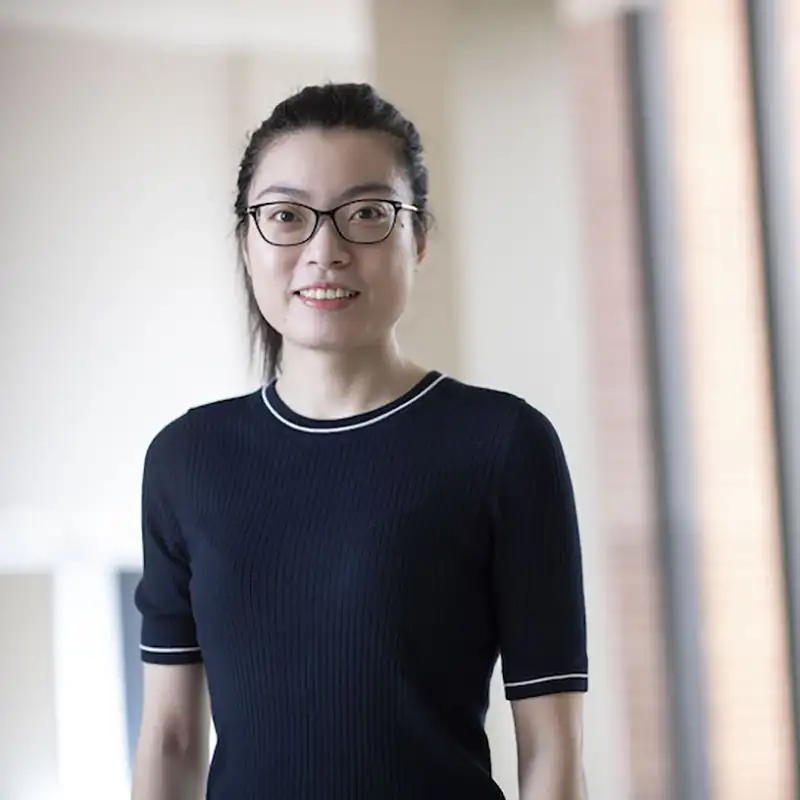
An Wang, PhD
Case Western Reserve University
Assistant Professor, Department of Computer and Data Sciences, School of Engineering
Leadership & Advisory Board

Dustin Tyler, PhD
Case Western Reserve University
Director, Human Fusions Institute
Arthur S. Holden Professor, Department of Biomedical Engineering, Case School of Engineering School of Medicine

Mark Mykleby
Case Western Reserve University
Executive Director, Human Fusions Institute
Colonel, United States Marine Corps (Ret)

Nicholas Zingale, PhD
Cleveland State University
Associate Professor Ph.D. Director, School of Urban Affairs

Veronica Santos, PhD
University of California, Los Angeles
Robotic and Mechanical Systems Professor, Department of Mechanical and Aerospace Engineering Affiliate Faculty, Department of Bioengineering Director of the UCLA Biomechatronics Laboratory

Bob Michaels
Case Western Reserve University
Director of Operations, Human Fusions Institute
Administration and Staff

Jeremy Dunning
Case Western Reserve University
Biomedical Engineer
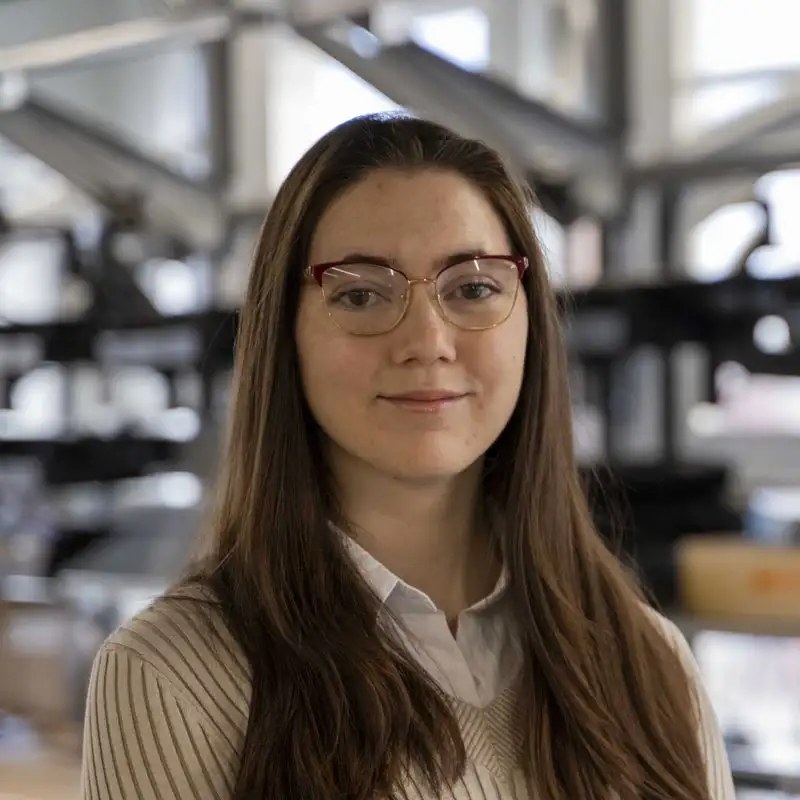
Mackenzie Elmer
Case Western Reserve University
Lab Manager

Emily Imka
Case Western Reserve University
Graphic Designer

Joris Lambrecht
Case Western Reserve University
Biomedical Engineer

Stephen Mock
University of California, Los Angeles
Robotics Engineer
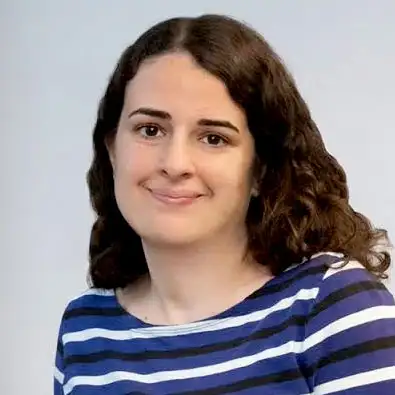
Simonetta Quartell
Case Western Reserve University
Department Assistant

Susan Schramfield
Case Western Reserve University
Research Engineer
Dustin Tyler Students

Sedona Cady
Case Western Reserve University, Biomedical engineering, Class of 2024

Rachel Jakes
Case Western Reserve University, Biomedical engineering, Class of 2026
Rachel uses peripheral nerve stimulation to provide the sense of touch across realities.
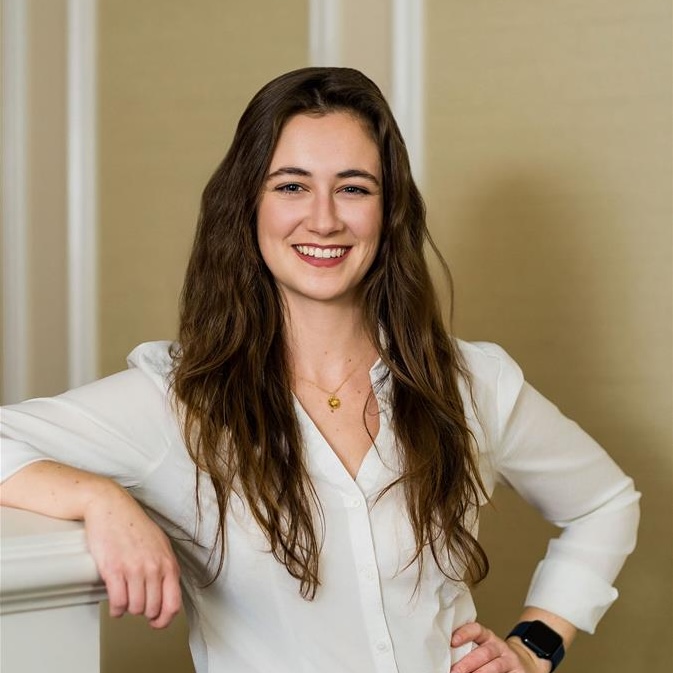
Laura McGann
Case Western Reserve University, Biomedical engineering, Class of 2027
Laura studies user experience in immersive, haptic-enabled human-in-the-loop systems.

Vlad Marcu
Case Western Reserve University, Biomedical engineering, Class of 2025
Vlad studies optimizing nerve stimulation selectivity using multipolar electrical stimulation.
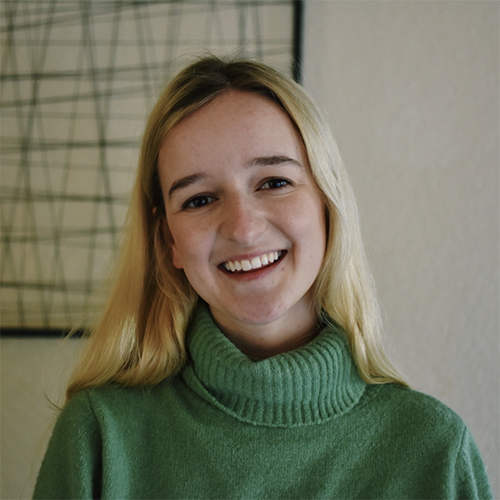
Margaux Randolph
Case Western Reserve University, Neuroengineering, Class of 2027
Margaux’s research is focused on preclinical peripheral nerve interface development for applications…

Michael Rinderle
Case Western Reserve University, Neuroscience & Humanity and Technology, Class of 2027
Michael’s research interests include embodiment, user experiences, and ethics of human enhancement technologies.
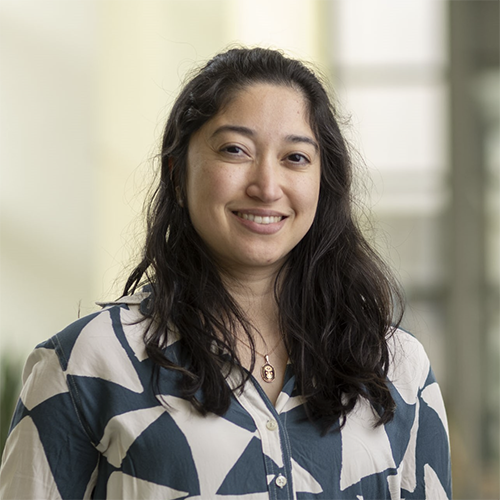
Leah Marie Roldan
Case Western Reserve University, Neuroengineering, Class of 2024
Leah’s research is focused on evaluating how multiple perception points are integrated and perceived…
Alexis E. Block Students

Debra Boutom
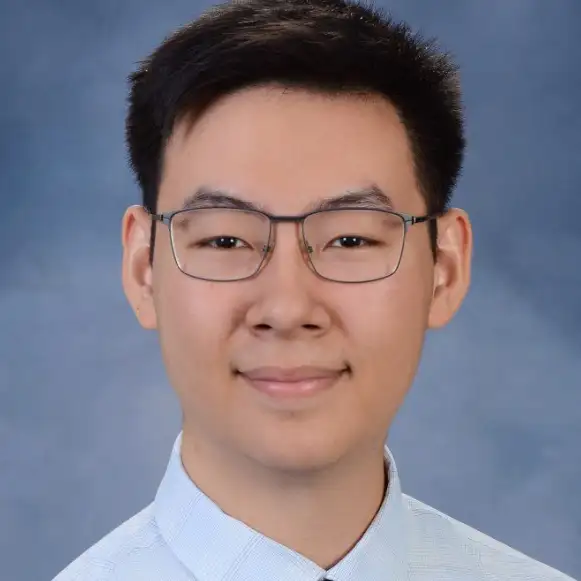
Andrew Chen
Case Western Reserve University, Class of 2025, Electrical and Computer Engineering.
Research interests: Signal Processing, Computer Vision, and Firmware
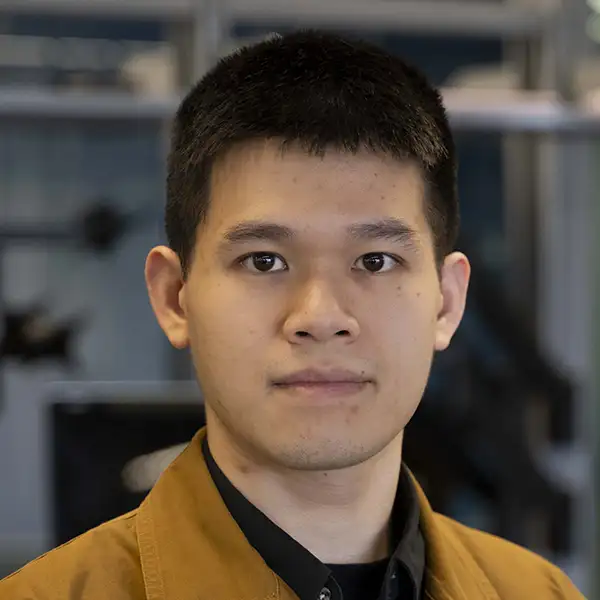
Ju-Hung Chen
Case Western Reserve University, Electrical Engineering, PhD, Class of 2029
Research interests: Human-robot Interaction, Mechanical Design
Current Project: Compliant Gripper
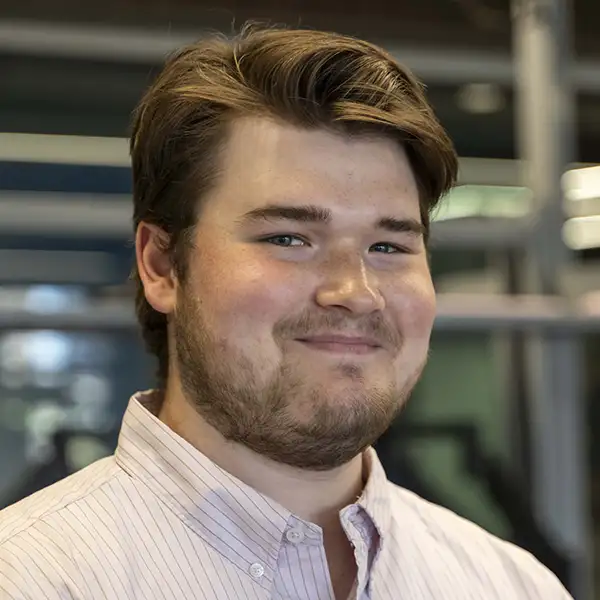
Zane Greene
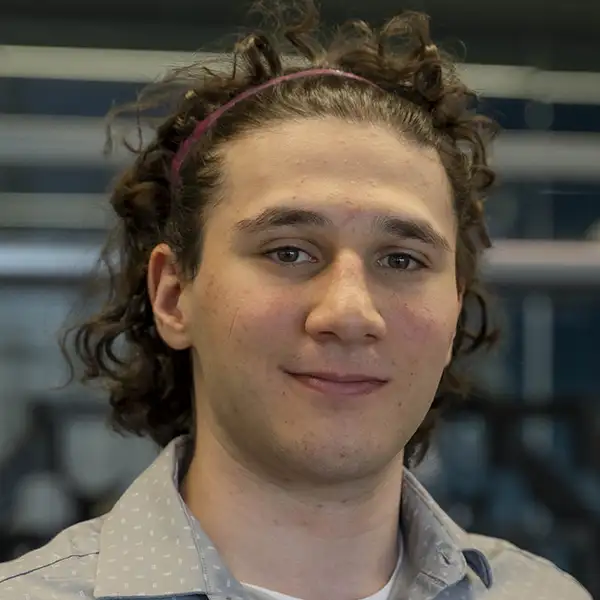
Jacob Hyman
Case Western Reserve University, Electrical Engineering, Class of 2026
Research interests: Electrical Engineering, Logic Design, and sensing.
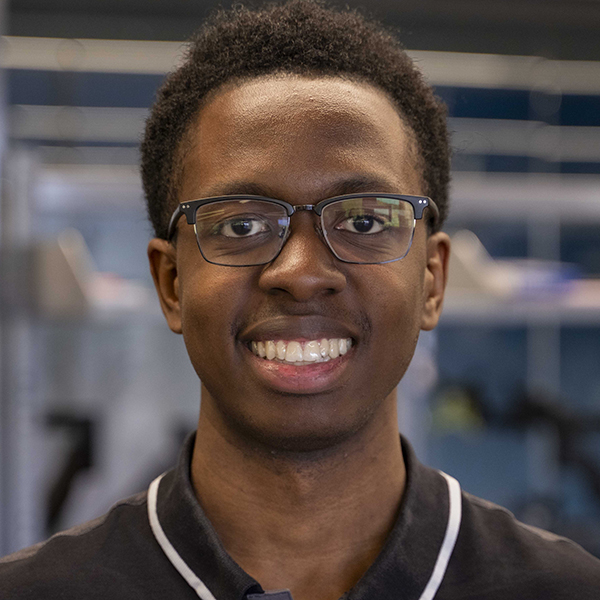
Ashraf Ibraheem
Case Western Reserve University, Computer Science & Computer Engineering, Class of 2025.
Embedded Systems & Computer Vision

Sahar Kapasi
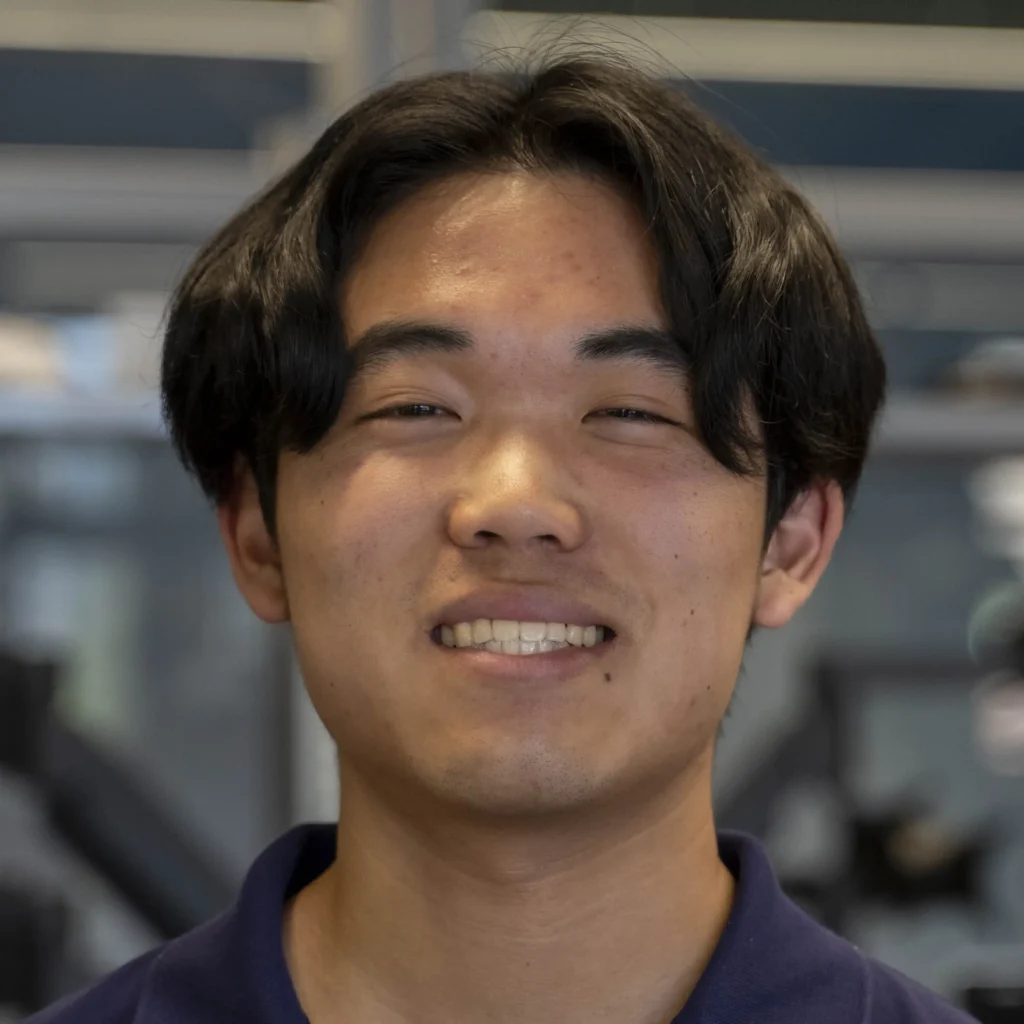
Andrew Ke
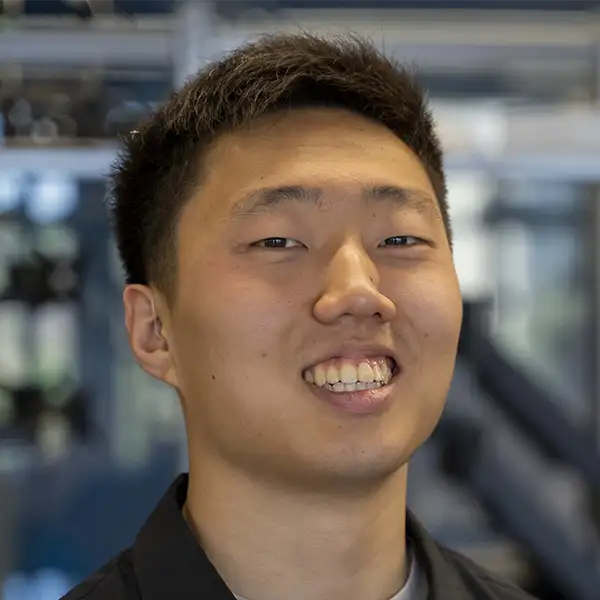
Kaleb Kim
Case Western Reserve University, Computer Science, Class of 2026
Research interests: Computer vision and energy

Alice Liu
Case Western Reserve University, Class of 2026, Cognitive Science & Computer Science
Human-robot interaction, human factors, affective computing, and design.
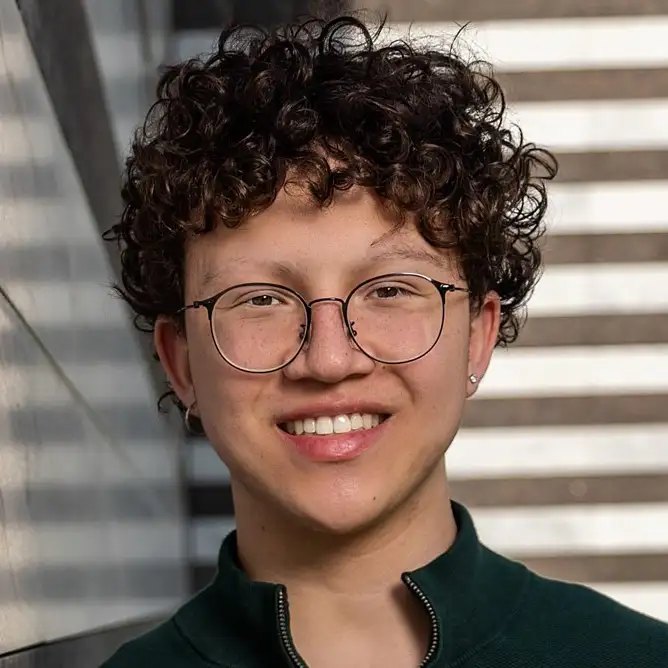
Jacob Ma
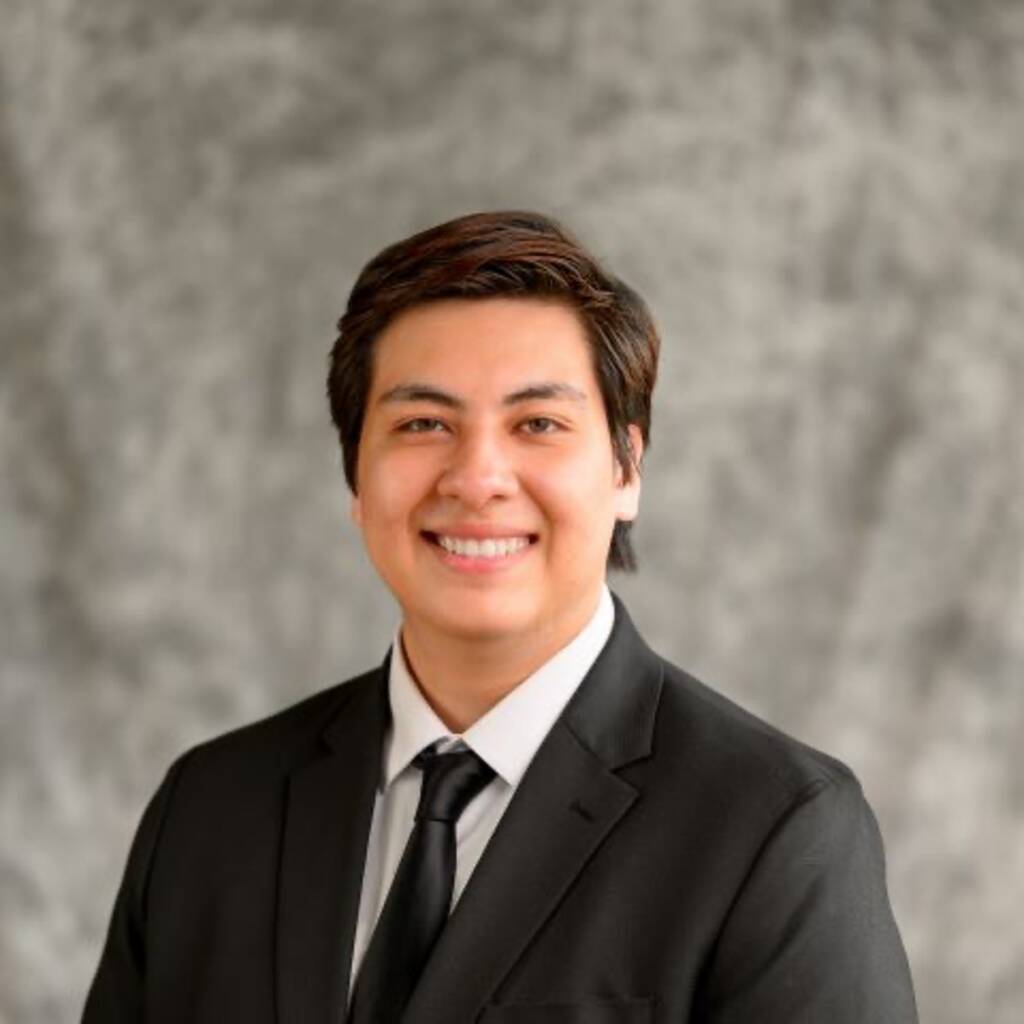
Noah Medrano
Case Western Reserve University, Computer Science & Integrated Humanities, Science, and Technology, Class of 2027
Research interests: Affective computing and social robotics
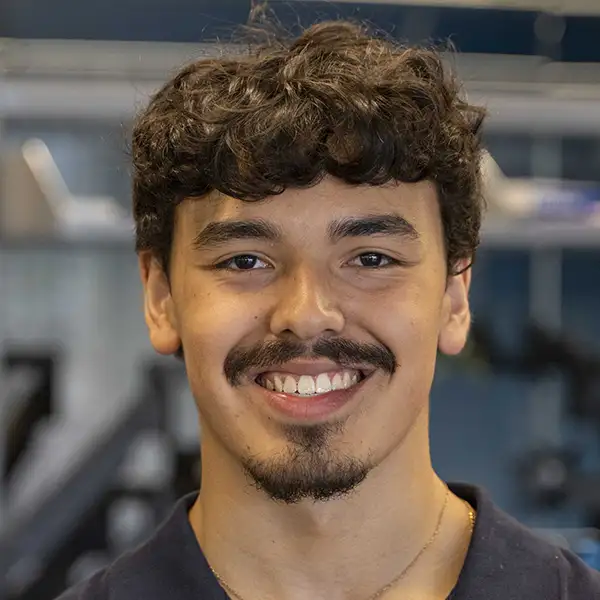
Mauricio Negron
Case Western Reserve University, Electrical Engineering, Spring 2027
Research interests: Process Automation, controls, and robotics
Honors and awards: Academic Excellence Recognition (2024), Don Quixote Award by Liga Nacional de Oratoria de Puerto Rico (2022)

Phurinat “Chester” Pinyomit
Case Western Reserve University, Smart Materials Technology & Robotics and AI, Class of 2025
Research interests: Human-robot Interaction, Mobile Robotics
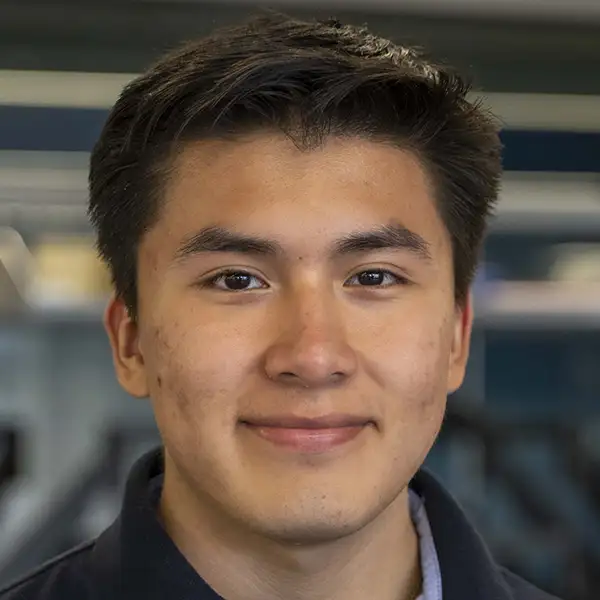
Daniel Soriano Ponce

Eve Spiro

Krupa Venkatesan
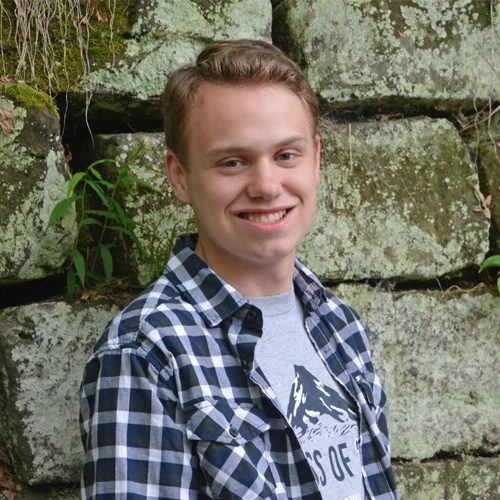
Austin Wilson
Case Western Reserve University, Class of 2026, Computer Engineering
Austin’s research focuses on human-computer interactions.
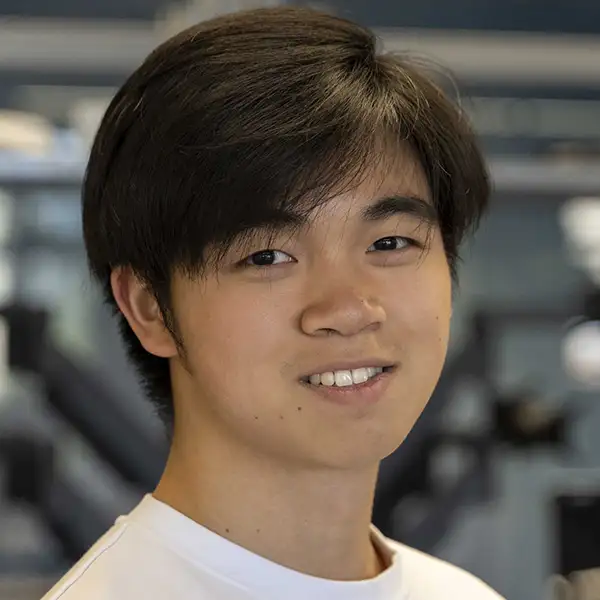
Eri Yang
Luke Osborn Student

Oranatt Chaichanasittikarn
Case Western Reserve University, Class of 2029, Biomedical Engineering
Oranatt’s research focuses on investigating neurophysiological mechanisms of multi-sensory feedback to enhance prosthetic embodiment and user integration.
Zach Patterson Student
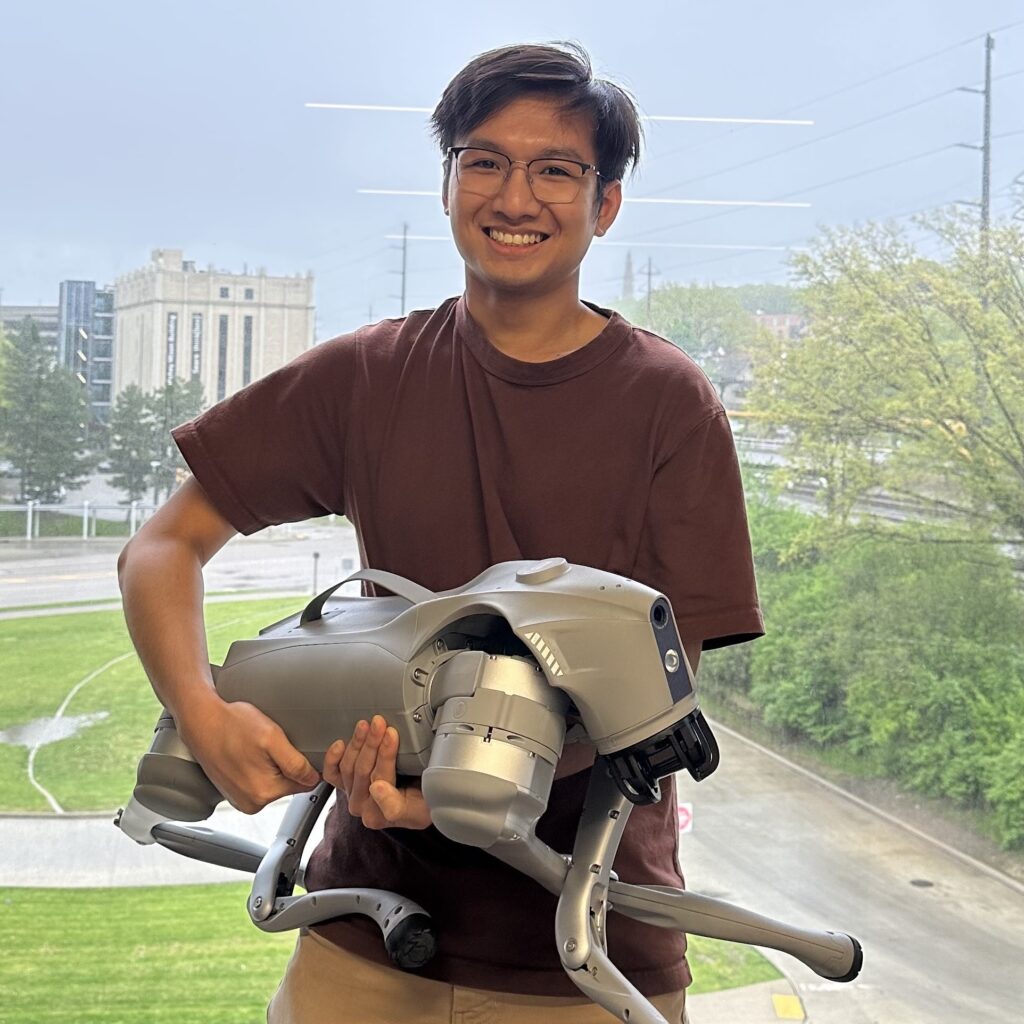
Huy Pham
Case Western Reserve University, Class of 2030, Mechanical Engineering
My research focuses on applying control theory and machine learning to the control of robotic systems.
Veronica Santos Students
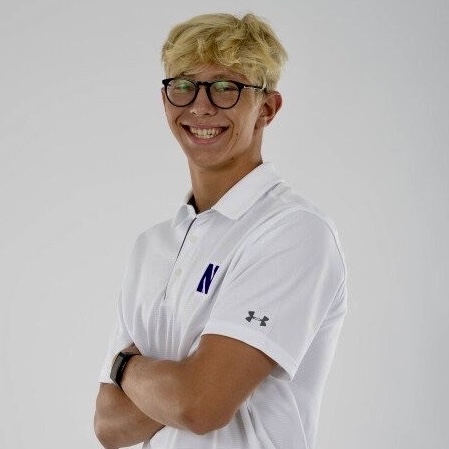
Ben Forbes
UCLA, Mechanical Engineering, Class of 2030
Ben’s research explores shared autonomy algorithms for teleoperation and robust tactile sensors for underwater use.

Evan Harber
UCLA, Robotics, Class of 2026
Evan’s research pursuits thus far have revolved around three key concepts: tactile sensing, deformable, object modeling, and robotic motion planning.

Jimmy Penaloza
UCLA, Robotics, Class of 2026
Jimmy studies tactile and proximity sensing for safe human-robot interactions
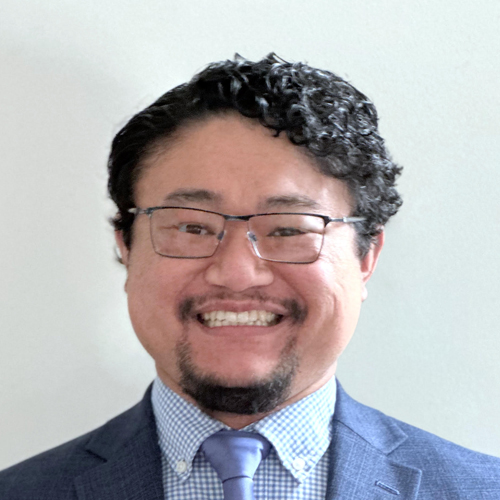
Cole Ten
UCLA
Cole studies underwater tactile sensor skins and tactile sensor data for haptic displays

Mumbi Whidby
UCLA, Mechanical Engineering, Class of 2027
Mumbi is studying design robotics and manufacturing
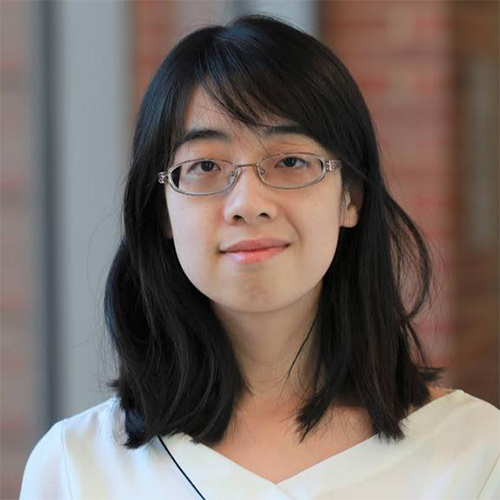
Huajing Zhao
UCLA, Mechatronics
Huajing focuses on robotic manipulation of deformable objects and tactile sensing for safe human-robot interactions.
Nick Zingale Students
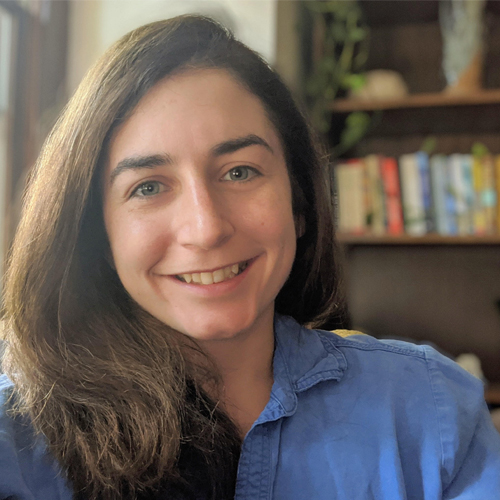
Claire Foley
Cleveland State, Urban Studies and Public Affairs, Class of 2027
Claire is a NSF Research Traineeship Fellow in the Center for Human Machine Systems.

Kelleigh Pettigrew
Cleveland State, Public Administration and Urban Studies, Class of 2026
Emily Graczyk Students

Rohit Bose
Case Western Reserve University
Postdoc Scholar

Jonah Mudge
Case Western Reserve University, Biomedical Engineering, Class of 2026
Jonah’s research focuses on restoring proprioception, the body’s sensation of limb position and move…
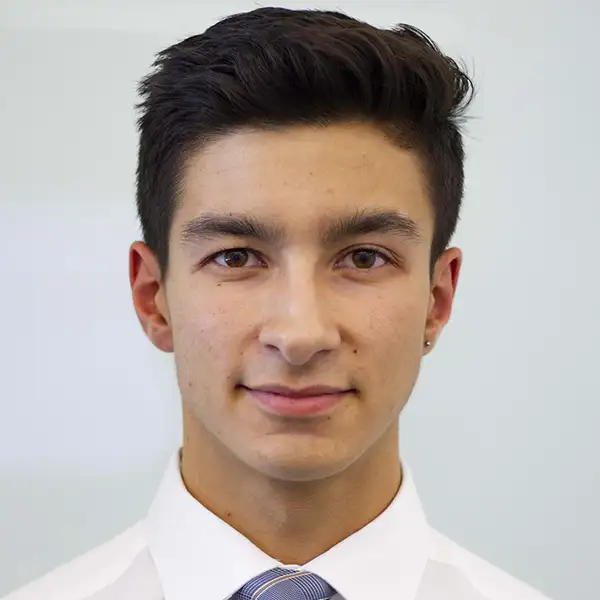
Roberto Peralta
Case Western Reserve University, Modeling and Biomimetic Stimulation Paradigm Development, Class of 2027
Roberto graduated from the University of Arizona with a B.S. in Mechanical Engineering and minors in…
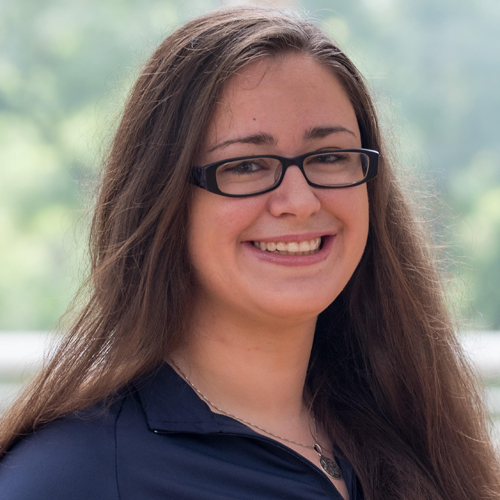
Bryn Spilker
Case Western Reserve University, Biomedical Engineering, Class of 2027
Bryn studies how simultaneous co-application of multiple stimulation modalities affects the perceptu…
Eileen Anderson Student
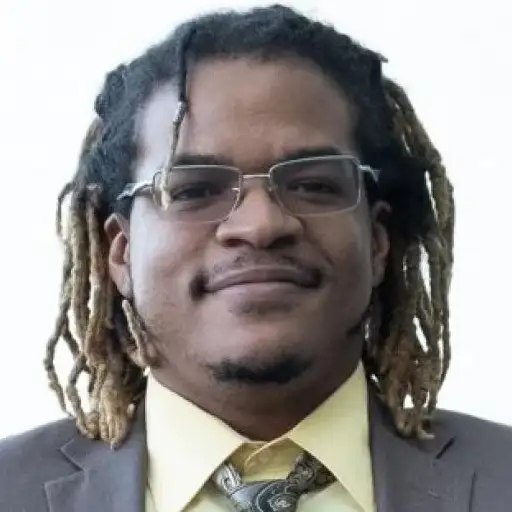
Xavier Williams
Zonghe Chua Student

Sai Jiang
Case Western Reserve University, Electrical Engineering, Class of 2028
Sai studies Teleoperation Optimization, Enhanced Virtual Reality, Robotic and Haptic
Kathryn Daltorio Student
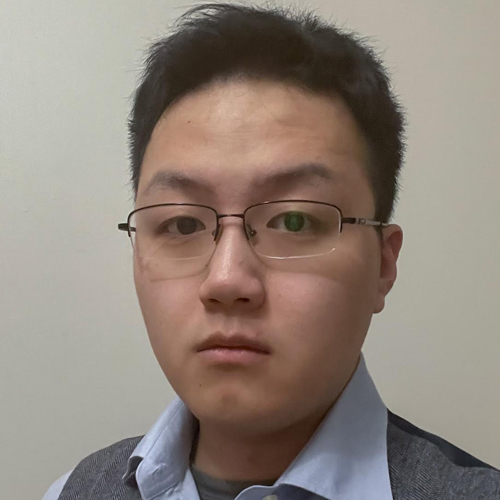
Jianfeng (Tom) Zhou
Case Western Reserve University, Robotics, Class of 2025
Tom’s research focuses on Human Robot Interaction, Haptics, Mechatronics, Sensors, and Teleoperation.
Michael Fu Student
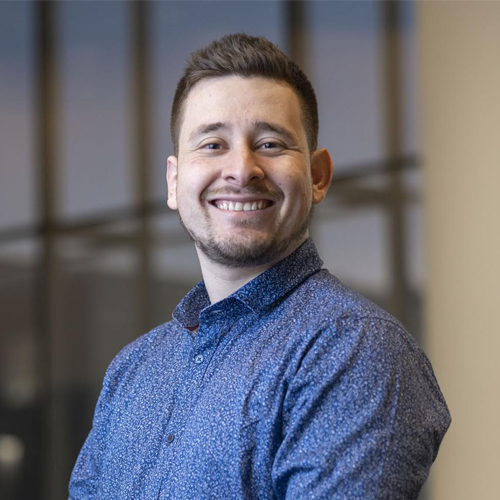
Luis Mesias Flores
Case Western Reserve University, Electrical Engineering, Class of 2025
Luis is studying Electrical Engineering with a focus on virtual reality, teleoperation, and electrical stimulation haptic feedback.
Hossein Miri Lavansani Student

Khan Zobayer Hassan
Case Western Reserve University, Electrical Engineering, Class of 2026
Khan is interested in hardware security and RFIC design.
An Wang Student
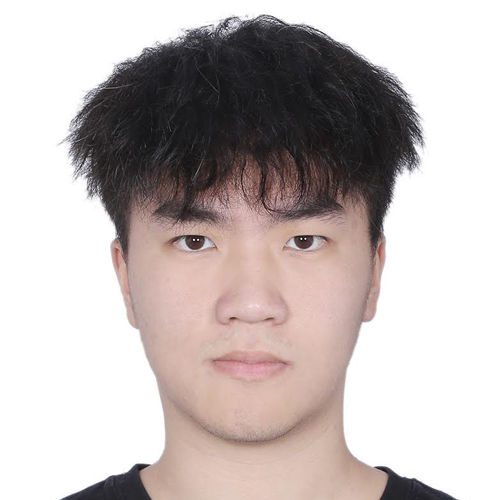
Haonan Shi
Case Western Reserve University, Computer Science, Class of 2027
Haonan studies privacy, federate learning, and security.
